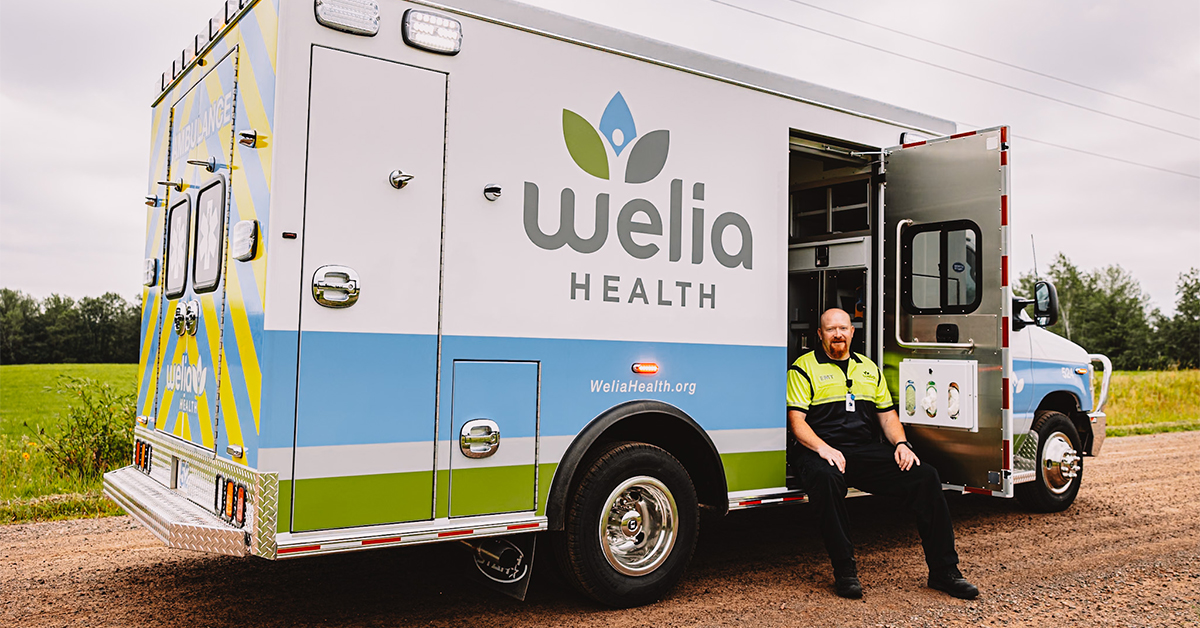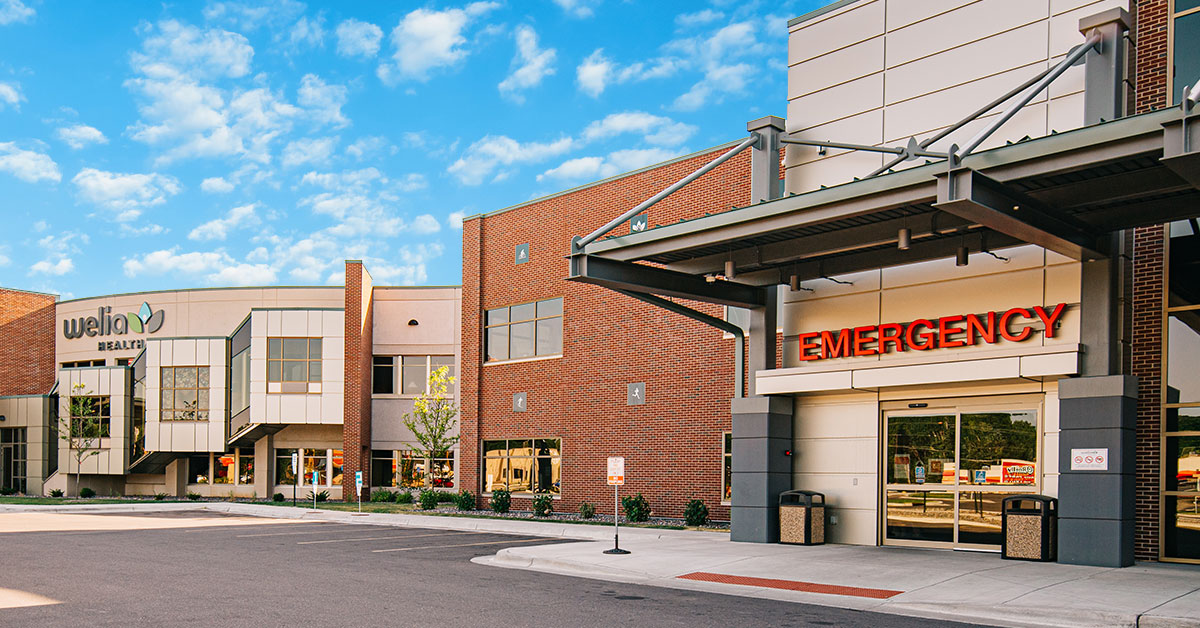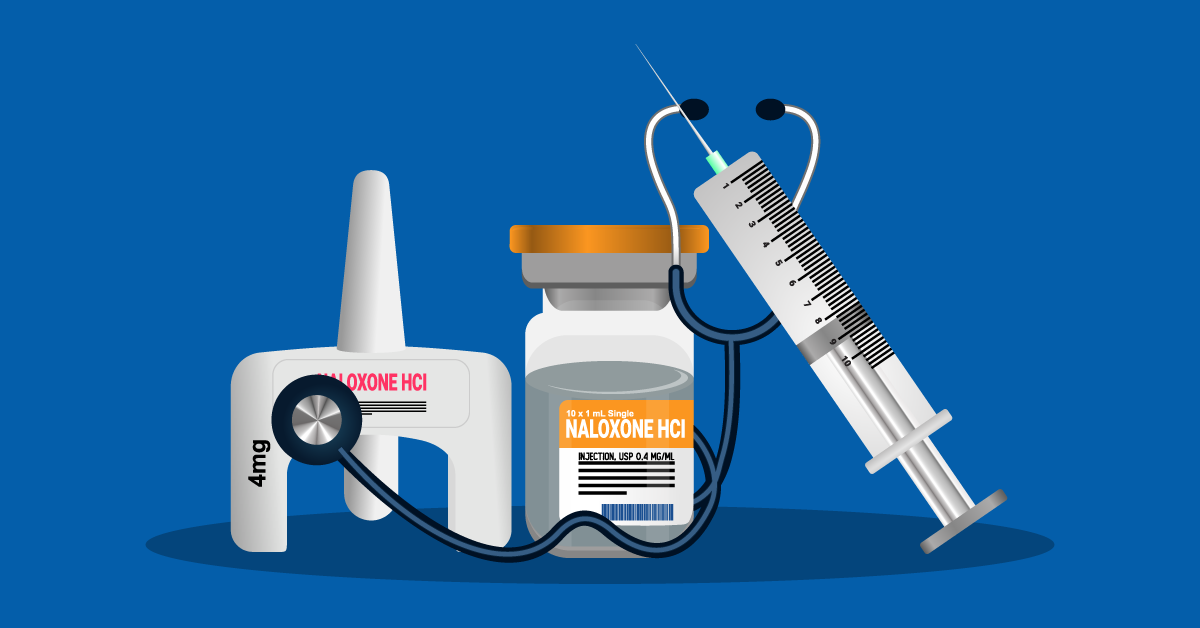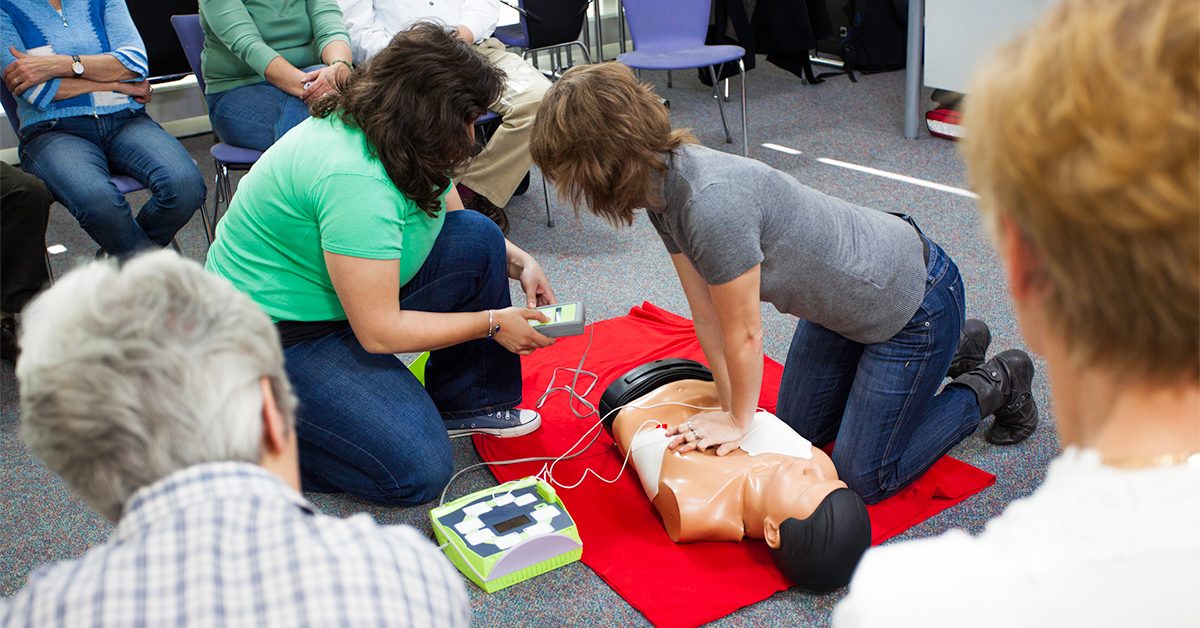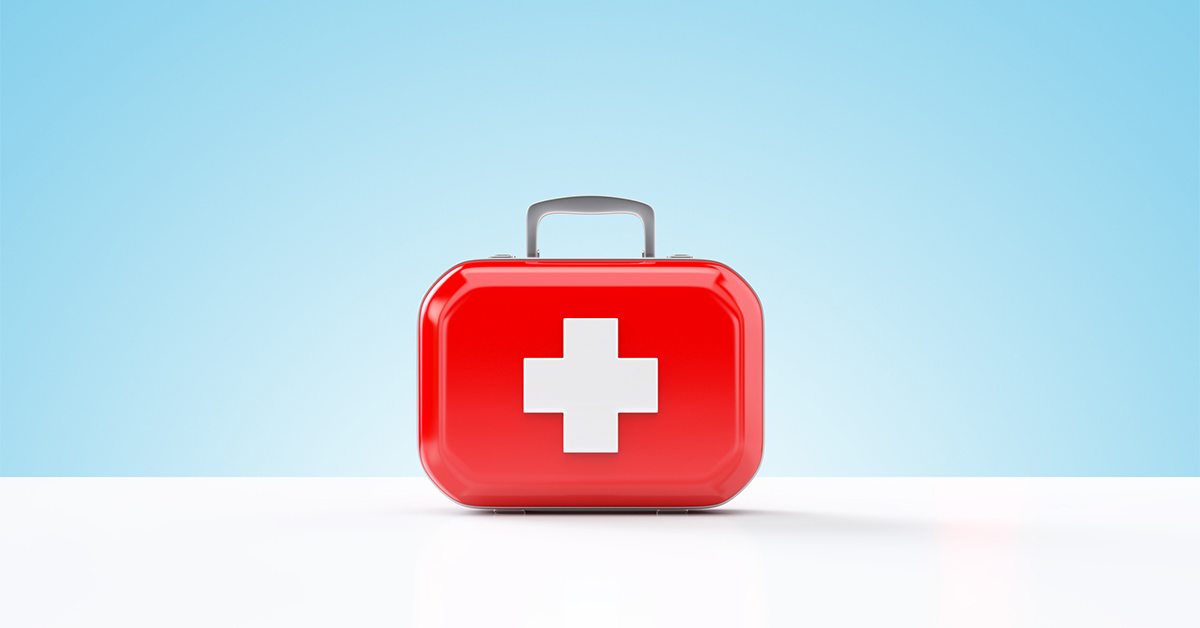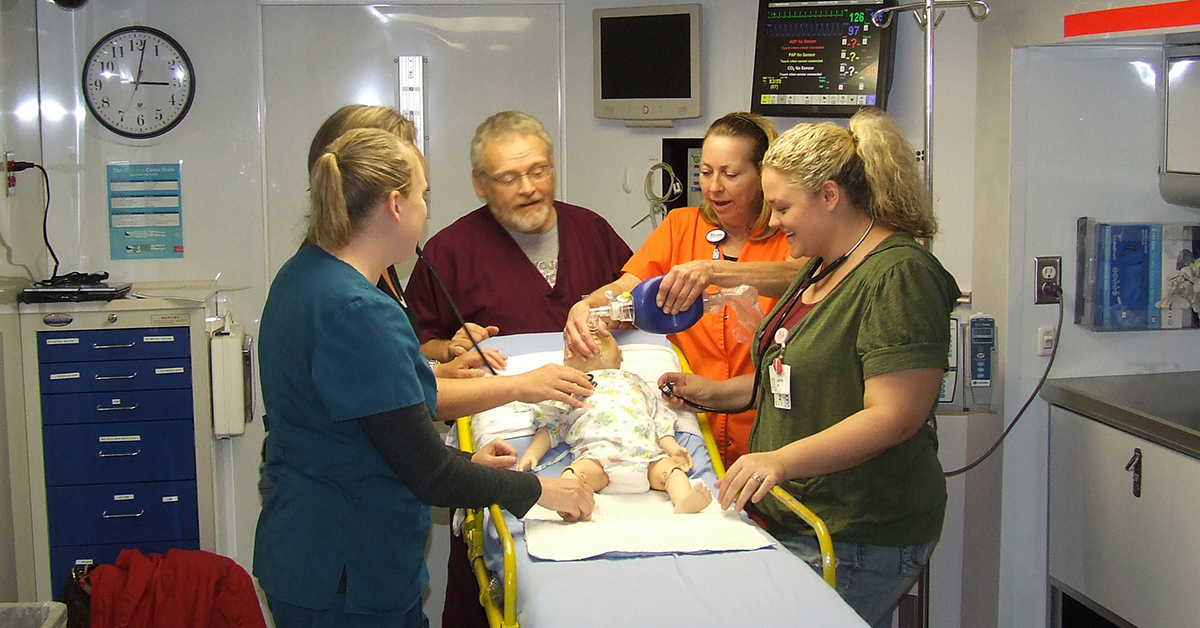1. What are your main responsibilities as an EMT at Welia Health on a typical day?
A: At Welia Health, our EMTs have diverse roles due to the dynamic nature of rural healthcare. We respond to fewer calls compared to urban settings, handling 911 emergencies and patient transfers as needed. A typical day might involve responding to one or two call outs (typically higher volume during the day and less in the evenings) and facilitating transfers between our 12-hour shifts. We also actively engage with the community by volunteering at events like marathons, canoe races, and local football games, which is a unique and rewarding aspect of our work.
2. Why did you choose to work as an EMT at Welia Health in rural healthcare?
A: I chose rural healthcare because I live here and believe in serving and caring for the community where I reside. In rural areas, we have the privilege of caring for our friends, family, and neighbors, which fosters a strong sense of community. Being recognized around town and appreciated by those we serve adds immense fulfillment to my role as an EMT.
3. How does being part of Welia Health’s hospital system benefit your role compared to standalone ambulance companies?
A: Unlike ambulance services where EMTs often work directly out of emergency rooms, at Welia Health, our ER operates independently, requiring minimal involvement from EMS unless assistance is needed. This setup allows us to primarily focus on pre-hospital care and emergency response. However, we have a culture of collaboration, and we are always ready to assist our ER staff whenever our help is needed most.
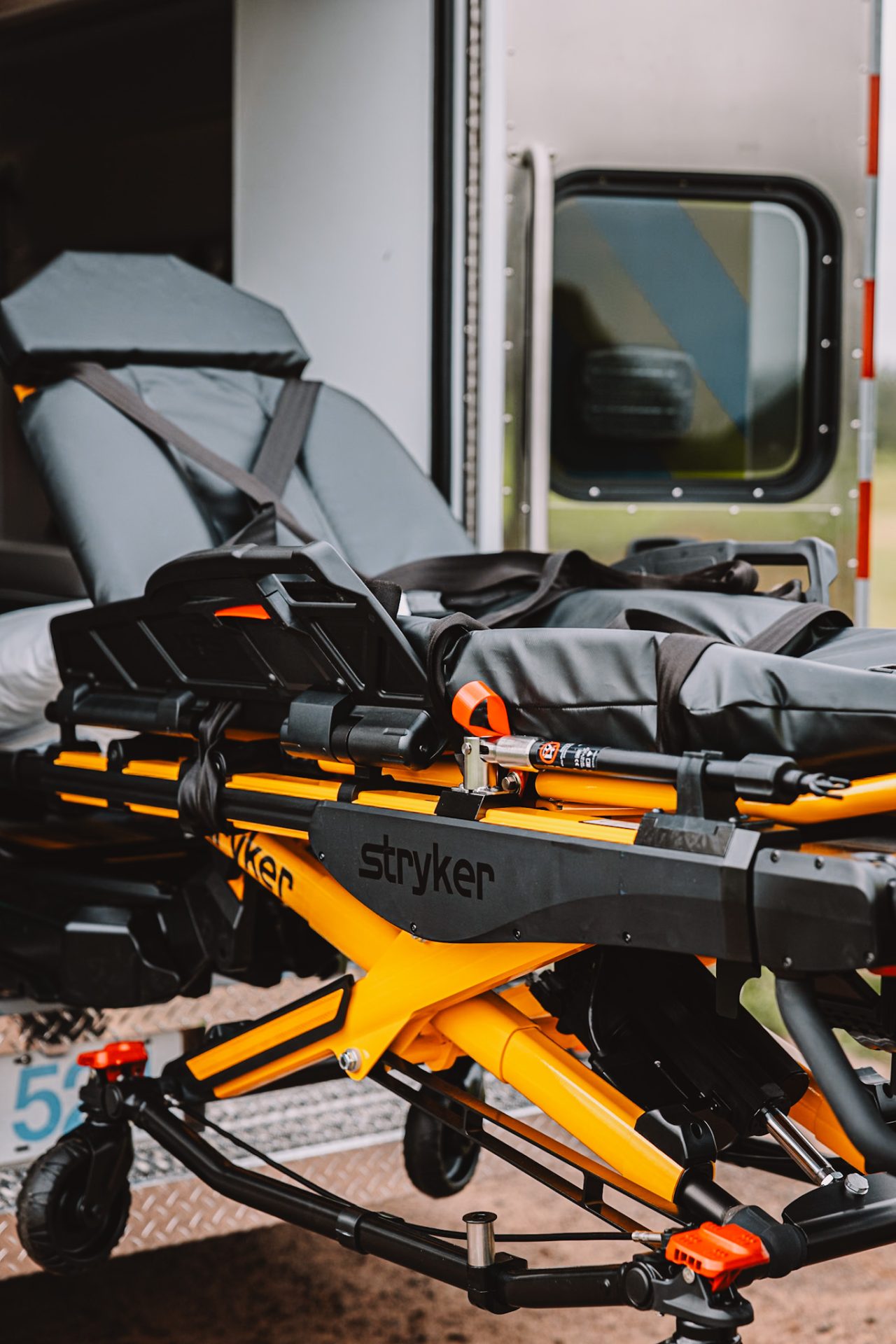
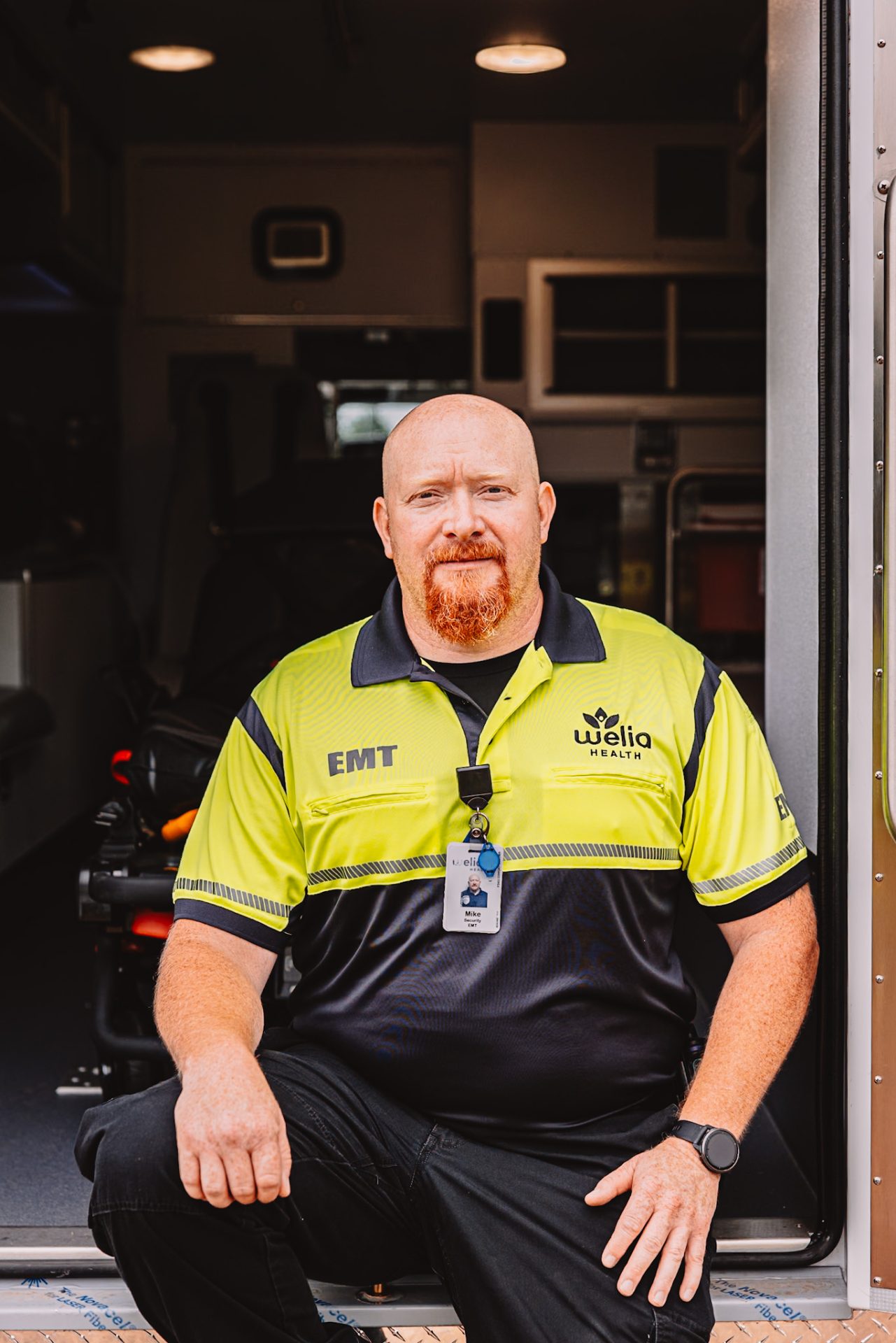
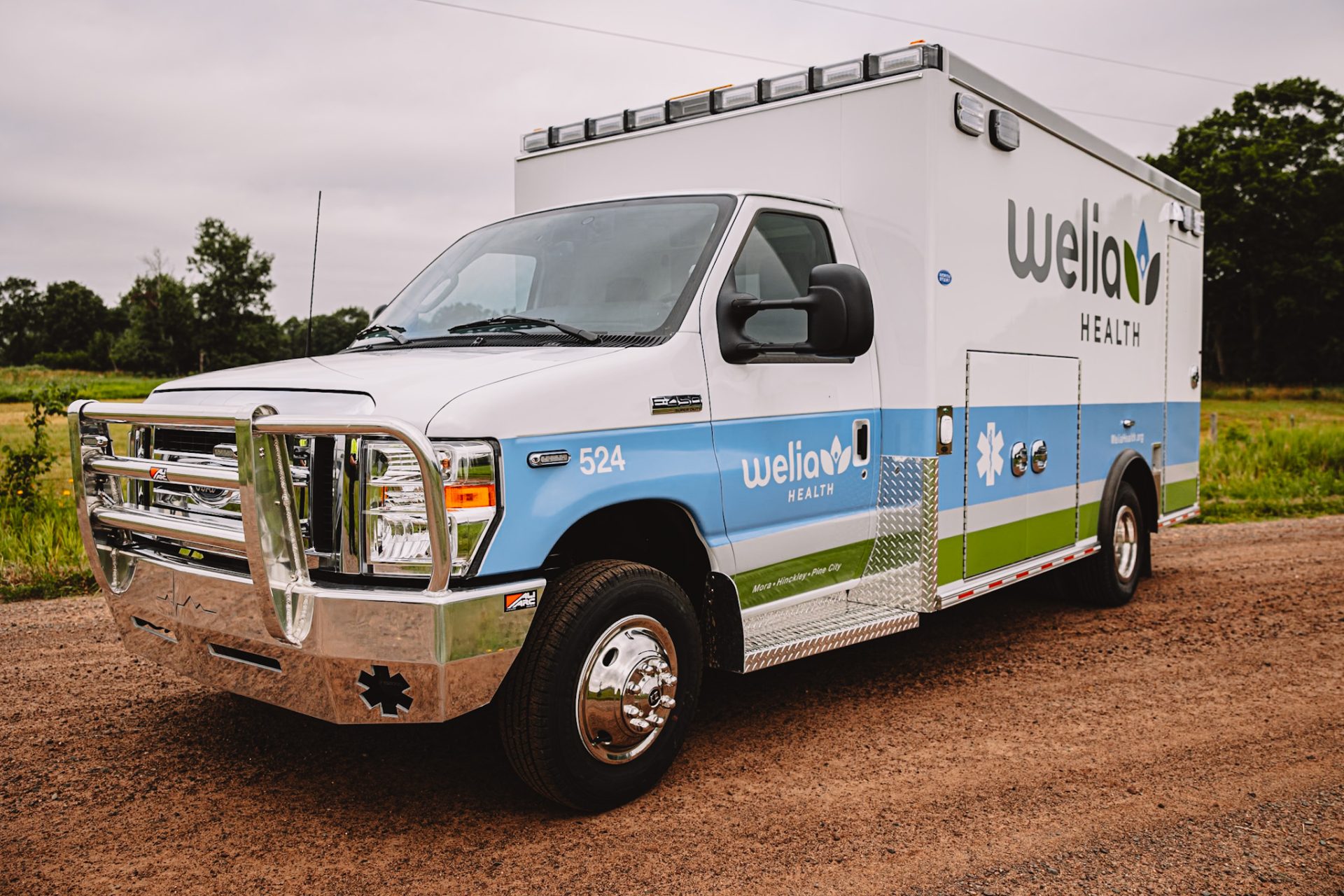
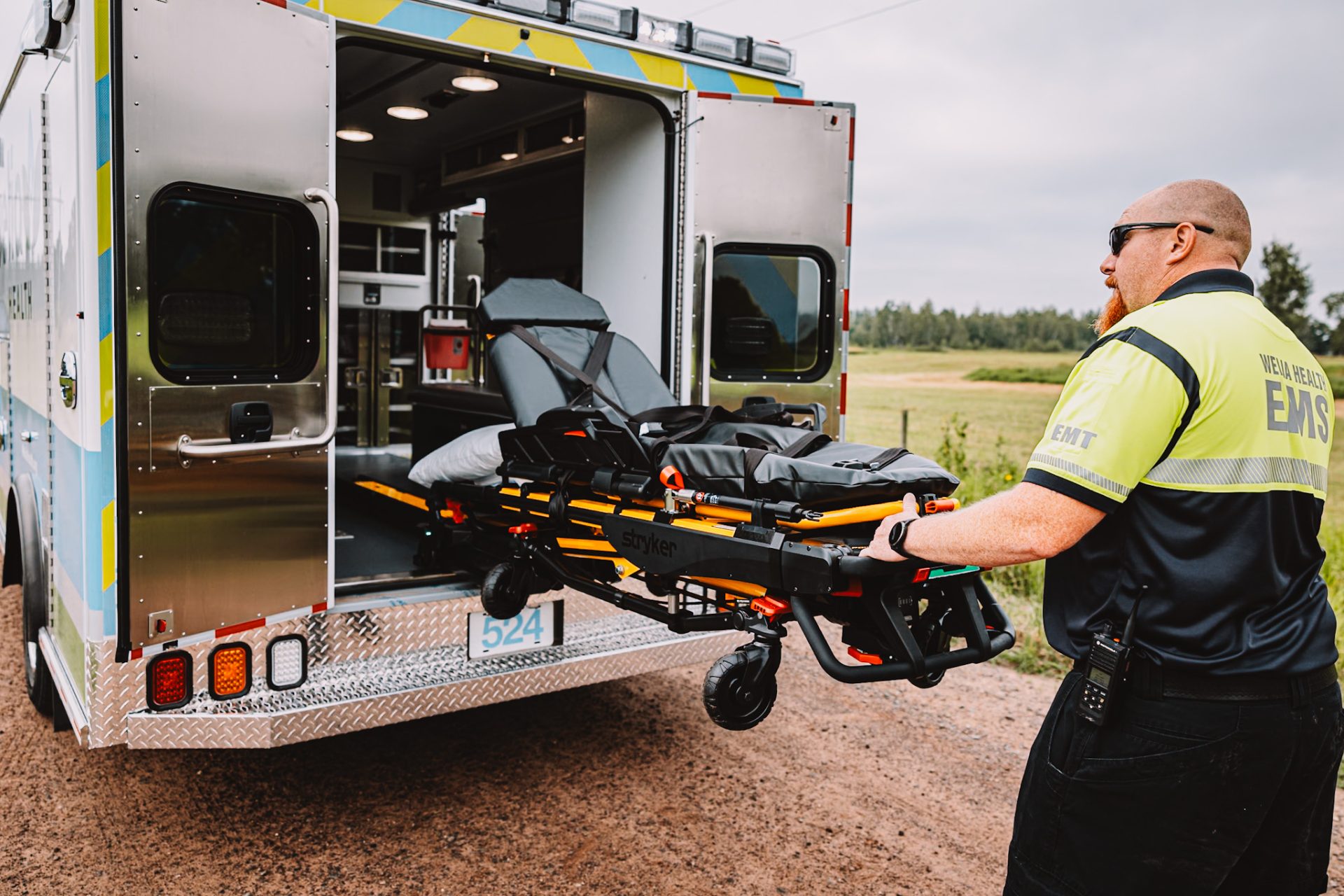
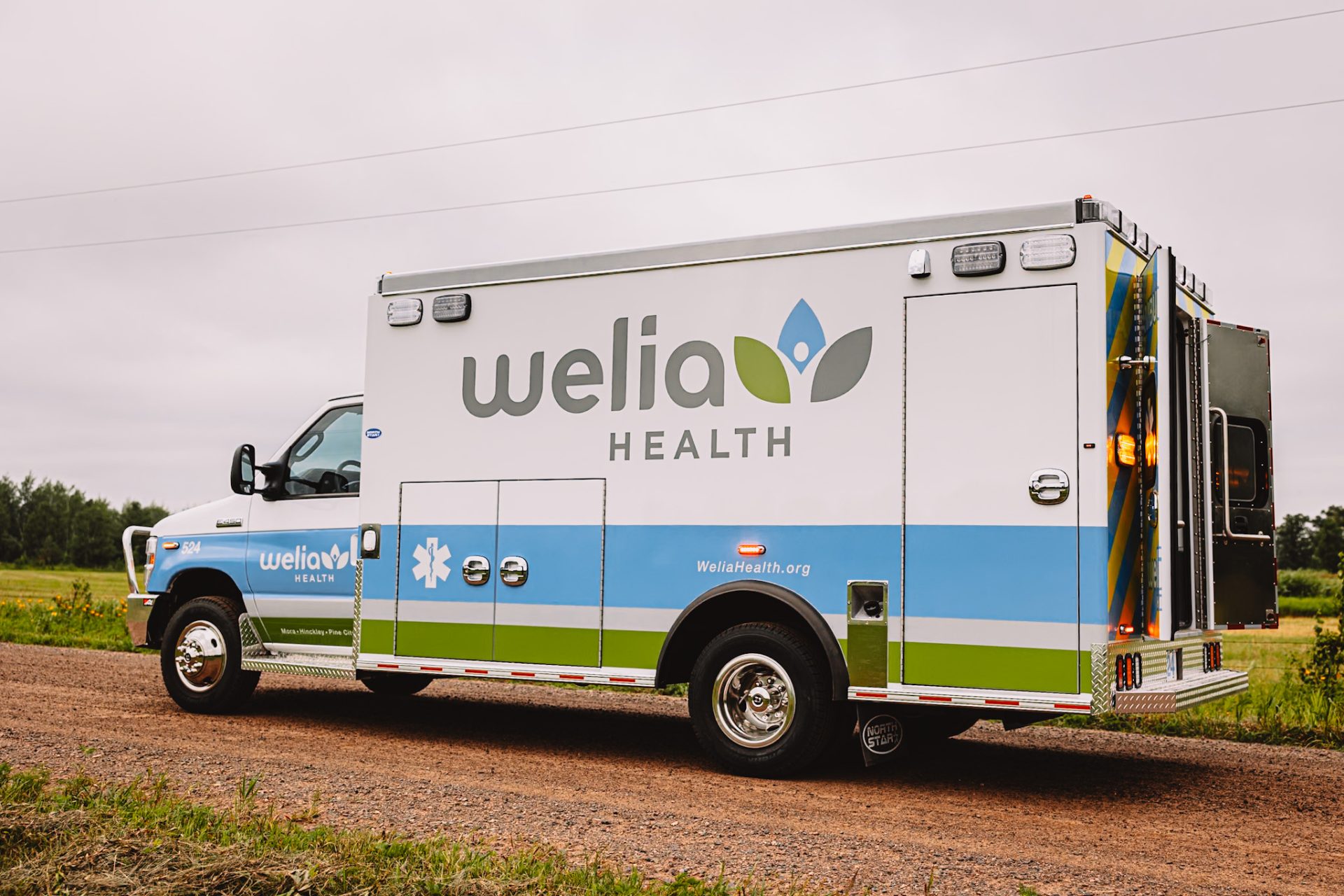
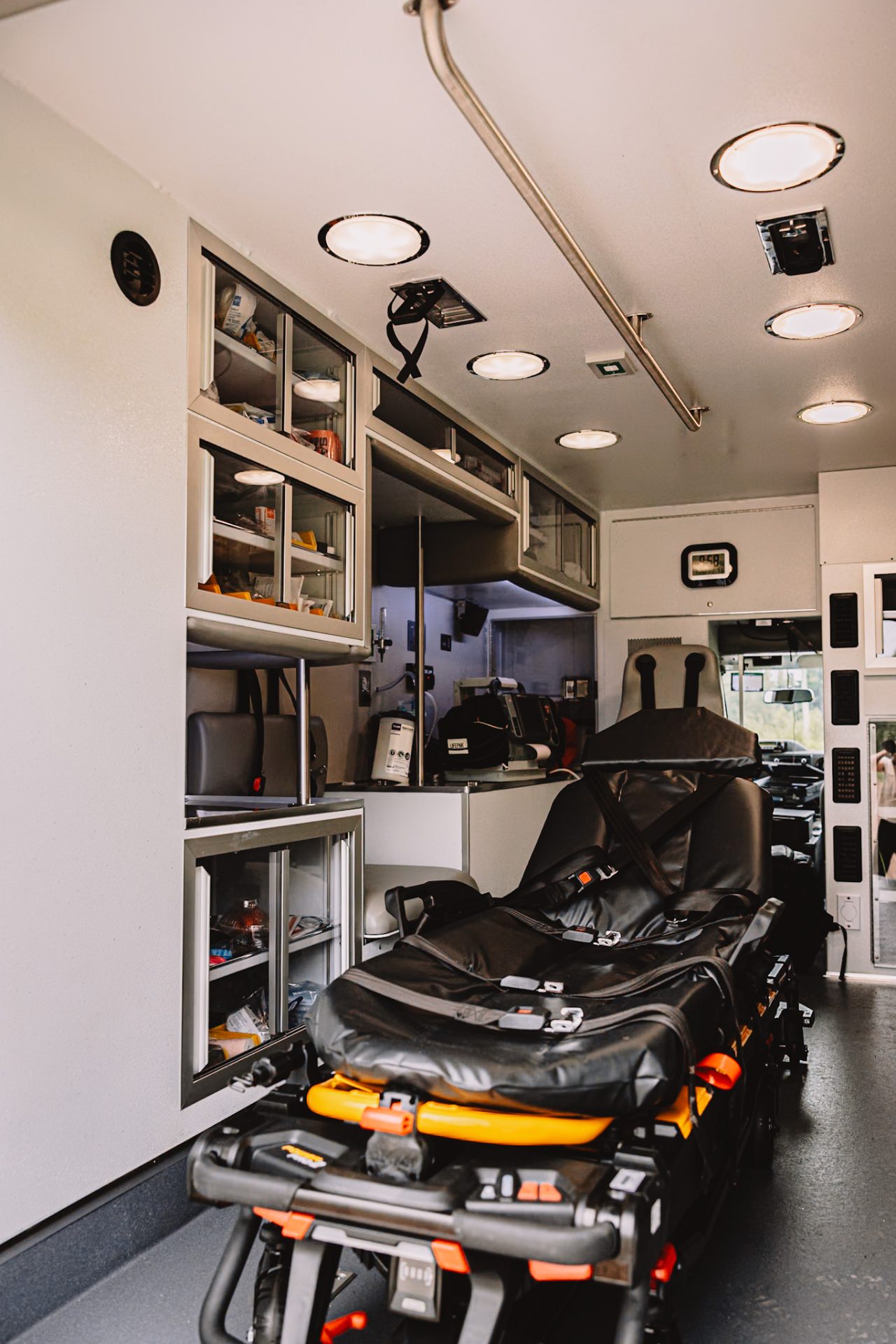
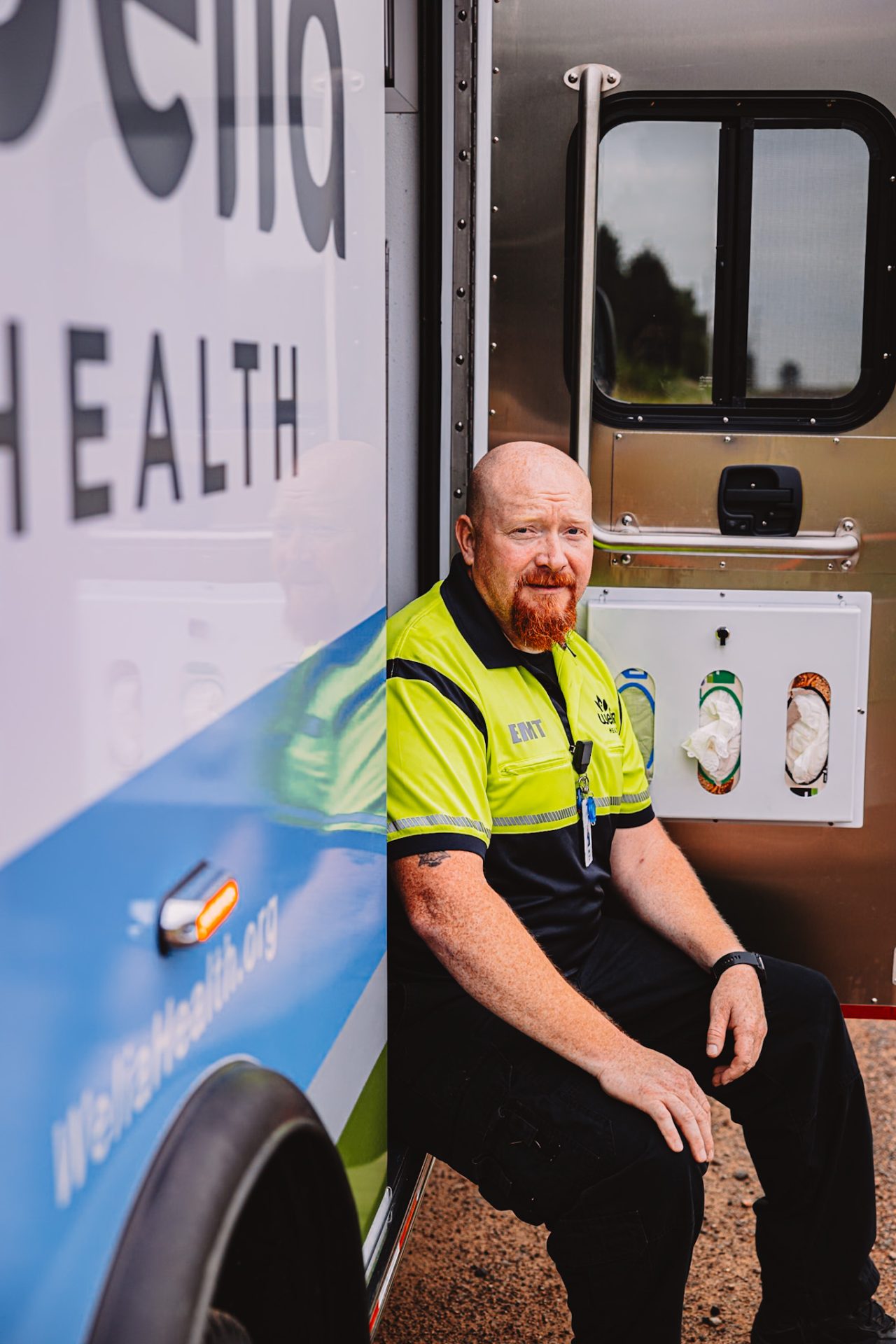
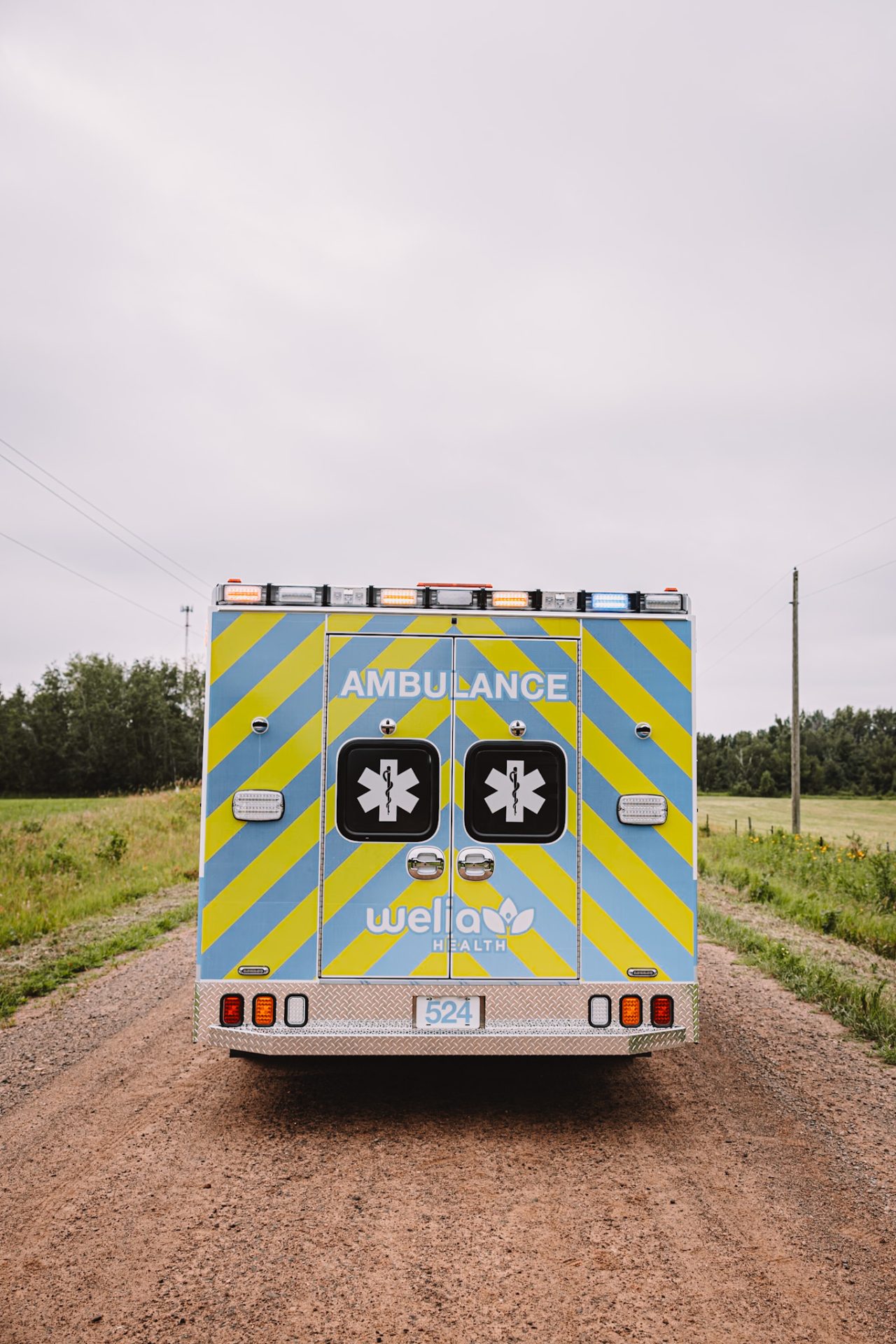
4. What are the key advantages of working as an EMT in rural healthcare?
A: Working in rural healthcare offers advantages such as manageable call volumes compared to urban settings, which allows for deeper community engagement and more personalized patient care. Getting to know the community we serve personally enhances our effectiveness as caregivers and contributes to a fulfilling career.
5. What advice would you give to someone considering a career as an EMT or paramedic?
A: I highly encourage anyone interested to pursue it. EMT training is accessible and typically takes just one semester, and paramedic programs are now accelerated, allowing you to advance quickly in your career. For those aiming to become paramedics, gaining hands-on experience on the truck is crucial to honing skills and preparing for more advanced responsibilities.
6. What are the advantages of continuing education to become a paramedic?
A: Becoming a paramedic expands your scope of practice, enabling you to provide advanced medical care and take on greater responsibilities during emergencies. Personally, I chose to become a paramedic to have a broader impact on the community and to be able to assist in more challenging medical situations, which keeps the job dynamic and fulfilling.
7. How does Welia Health create a supportive environment for its healthcare team?
A: At Welia Health, we foster a supportive environment through open communication and strong relationships among EMTs, paramedics, and our emergency department staff. Familiarity with one another helps streamline patient care, ensuring efficient coordination and minimizing misunderstandings, which ultimately enhances the quality of care we provide.
8. What do you find most fulfilling about being an EMT at Welia Health?
A: The most fulfilling aspect for me is witnessing positive patient outcomes. Unlike in urban settings where patient follow-up might be rare, here I often see firsthand how my care positively impacts patients’ lives over time. It’s incredibly rewarding to know that the work I do directly contributes to the well-being of our community members.
9. What misconceptions do people often have about working as an EMT in rural healthcare?
A: One common misconception is that there isn’t enough activity or recognition in rural healthcare settings. In reality, rural healthcare presents unique challenges and rewards, offering plenty of opportunities to make a significant difference in people’s lives and to be valued members of the community.
Interested in learning more? Visit Welia Health Careers or contact us:
Jody Brown
HR@WeliaHealth.org
320.225-3612


